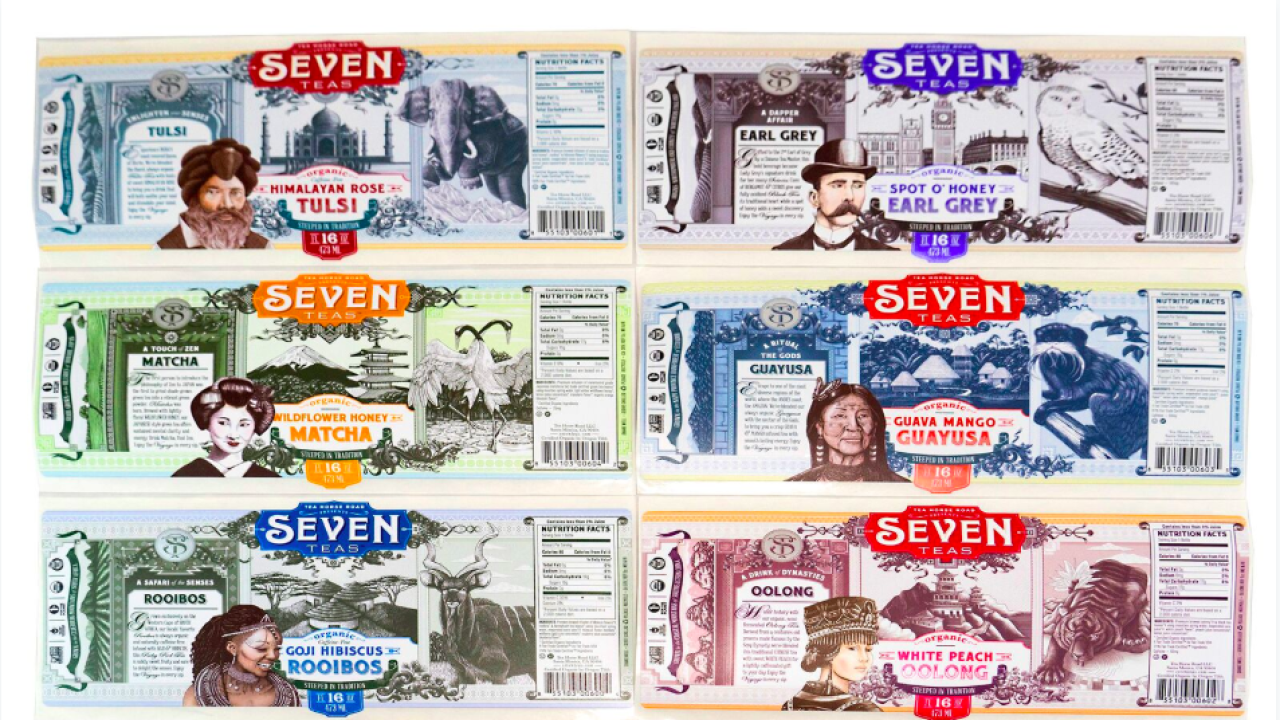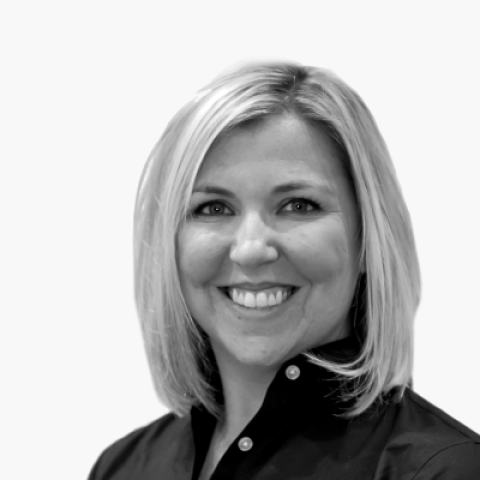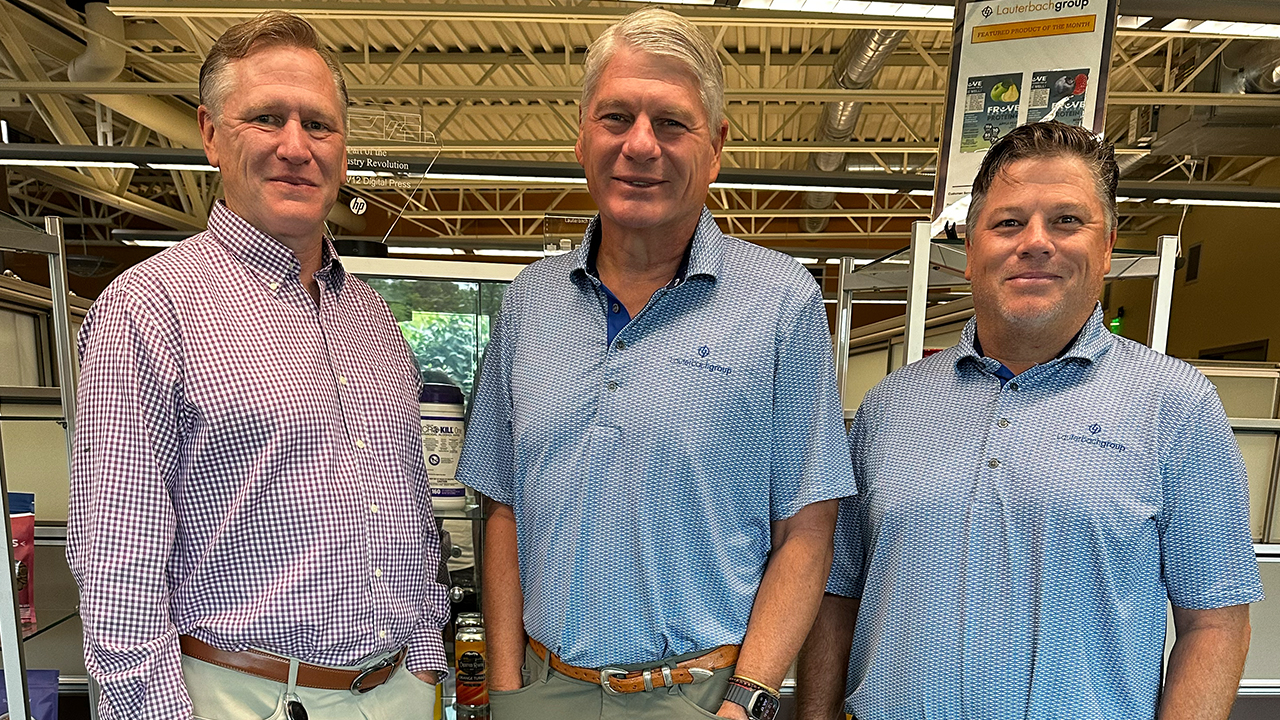Dscoop talks flexible packaging

Among the many HP Indigo machines on display, the HP Indigo 20000 – used to digitally print flexible packaging – drew much attention from label converters.
This theme was also evident during the three-day event’s conference sessions, many of which were aimed directly at label printers looking to join this ever-growing market.
Flexible packaging is being called the fastest-growing print segment, with the global market reaching US$32.4bn in 2016. It’s expected to grow at a rate of 5.2 percent to US$41.6bn by 2020.
In the US it is a US$23.5bn market, dominated by a handful of key players, in contrast to the highly fragmented label market. There are an estimated 420 flexible packaging converters in the US, compared to 2,200 label converters.
Still, digital flexible packaging is a relatively new phenomenon and makes up only about 1 to 2 percent of total volume, but Ralph Giammarco from S-One Labels and Packaging says there’s a shift taking place. As run sizes and lead-time demands from customers are both shrinking and SKUs are growing, digital printing presents an opportunity for label converters to expand to new markets.
‘Digital changes quite a few things,’ Giammarco said. ‘When you think of the flexibility of digital, it attacks that old mindset, and now all of a sudden we can do custom runs and do things we can never do before and we can do it a lot shorter time frame.’
Research has shown that the jobs with the shortest run sizes are in pouches of any kind, as well as single serve and one-dose packs and sachets. These are key areas that narrow web converters can enter in flexible packaging.
A panel of peers
A panel session featured two flexible packaging converters who are making a splash in the market. First, there was ePac, which has been making headlines with its rapid-fire expansion. Also speaking was Kala, a label converter which rebranded from Flex Tech, and is having an exceptional run in the flexible packing market.
ePac, as reported in issue 2 of L&L, has purchased 10 HP Indigo 20000 presses that will be deployed across the US.
For ePac, digital printing has opened up a whole new range of customers who never had a solution for short-run orders. ePac’s standard lead time for stand-up pouches is 10 business days; it’s five for shipping roll stock. Traditionally, lead times on flexible packaging have hovered around 42 days. Kala had been producing flexible packaging on a 13-inch wide HP digital press for at least 15 years, and has since purchased a HP Indigo 20000 digital press that’s allowed it to expand into new markets. Kala also recently purchased an HP Indigo 6900.
Kala was one of the first companies to invest in electron beam curing and also employs Karlville’s Pack Ready lamination. ‘It never made sense for us to buy a Ferrari and hook a tractor to it to take it around the race track,’ said Kala’s Ryan Chai. ‘We wanted to get to market quickly and solventless lamination made the most sense.’
Stay up to date
Subscribe to the free Label News newsletter and receive the latest content every week. We'll never share your email address.


